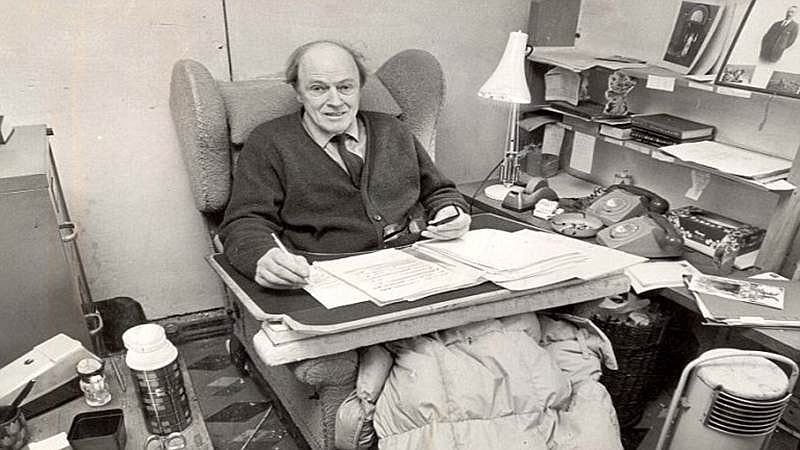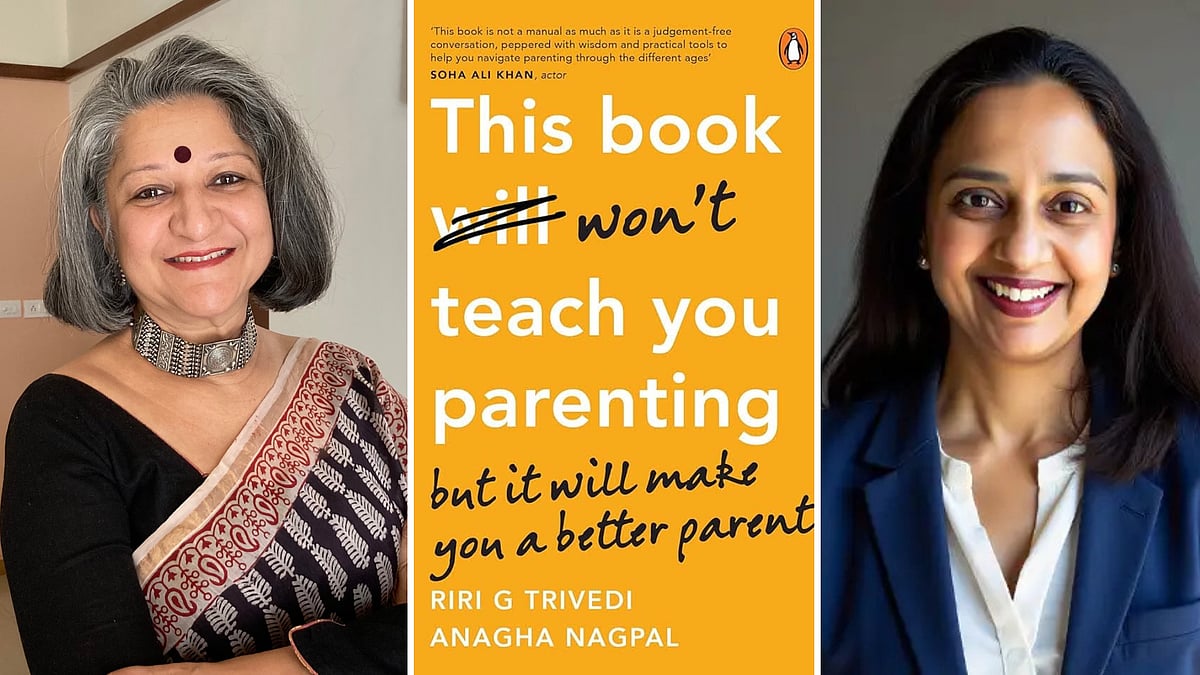“My Candle burns at both ends. It will not last the night. But ah! My foes and oh! My friends. It gives a lovely light.”
Also Read: The BFG- Engaging story, visually enchanting
The weaver of words and the creator of many fascinating worlds, Roald Dahl lived by this motto. If he were alive today, he would have been one hundred years old. Alas! Dahl’s candle did extinguish in the year 1990, but the magic he weaved in all his books, stayed to enamour many a child, big and small alike.
In the hundred years of Dahl, he wrote nineteen novels, many grew to become best sellers. ‘Charlie and the chocolate factory’, ‘Matilda’, ‘The BFG (Big Friendly Giant)’ and ‘James and the Giant peach’ are among his many famous works. But was Dahl all mushy, sweet and sugar coated? The answer to that is NO! On the contrary, Dahl’s works had a certain degree of darkness in them. Perhaps it was influenced by his own childhood, an unfortunate one, where he lost his father and sister when he was only three.
One such example is the novel titled ‘James and the giant peach’. Death, macabre, and child abuse plague the story right at the onset. James’s parents get eaten by an angry rhinoceros and he has to live with his abusive aunts, Spiker and Sponge. On one fateful afternoon James encounters an old man who gives him magical ‘crocodile tongues’. James spills these tongues on a barren peach tree, and one peach grows, to a size, as big as a house. James enters the Peach through a tunnel and journeys in it with creatures like Earthworms and Centipedes.The novel entails themes of fear, macabre, abandonment, hope and friendship in its mystic backdrop, and is a regular target of censors, because of these themes.
But there were novels where Dahl was mushy and sugar coated. ‘Charlie and the chocolate factory’was one such, inspired by Roald Dahl’s own childhood experience of Chocolates that were sent to his school by companies like ‘Cadbury’. The chocolate companies sent these samples in exchange for children’s opinions on their new variants. The story follows the exploits of Charlie Bucket, an extremely poor, starving child, who wins a ‘golden ticket’ to Willy Wonka’s world famous chocolate factory, along with four notorious children. After witnessing chocolate waterfalls and funny creatures called Oompa-Loompa’s, Charlie wins the trust of Willy Wonka and becomes the heir to the entire chocolate factory. A prominent theme in the book was starvation fear.
The ‘BFG’ was a story which follows the escapades of the orphan Sophie, who was captured by a giant who calls himself BFG. They eventually become friends when BFG saves Sophie from the other giants who eat ‘Human Beans.’ The gentle giant works as a dream-catcher and blows dreams using his horn every night to unsuspecting, sleeping children. Sophie eventually introduces BFG to the Queen of England and together they capture all the bad giants who have been eating ‘human beans’. In one memorable quote from the book, BFG sums up its theme. “The matter with human beansis that they is absolutely refusing to believe in anything unless they is actually seeing it right in front of their own schnozzles.”
In ‘Matilda’ the themes of parental neglect and ill-treatment of children return. The young Matilda finds solace in her kindergarten teacher Miss Honey, who gets surprised with Matilda’s intellectual abilities. Apart from heartless parents, Matilda also has to deal with Miss Trunchbull who is an authoritarian, traumatising headmistress in her School. Through the twists and turns of the narrative, Matilda uses her powers to rid herself and Miss Honey from the abusive Miss Trunchbull.
The novels that Dahl published didn’t only have a literary influence, but they spread to film and theatre as well. Matilda was adapted into a film directed by Danny Devito and also had musical adaptations. Charlie and the chocolate factory had two film adaptations, one starring Gene Wilder and one with Johnny Depp as Willy Wonka. The BFG also had a movie adaptation directed by Steven Spielberg and had Academy award winner, Mark Rylance in the titular role, and James and the Giant peach was adapted into a movie by the ‘Disney’ franchise in the year 1996.
Among Dahl’s other known works are a set of ‘revolting rhymes’, where classic fairy tales are presented with twists in their narrative. The Dwarves in ‘snow white and the seven dwarves’ are compulsive gamblers, ‘Little red riding hood’ is a sharpshooter who keeps a pistol in her knickers, and the prince in ‘Cinderella’ severs heads all too easily. ‘The Gremlins’, ‘The Twits’ and ‘Fantastic Mr. Fox’ were also among his other known works with similar themes.
But one question that looms is why do the themes of macabre, death, separation anxiety, and starvation fear play such a recurrent role in Dahl’s works? Childhood has so often been a phase of filtering, of ideas, of thoughts, and of language. Would exposing children to these ideas harm them or help them? The author of ‘Where the wild things are’ Maurice Sendakbelieved in no demarcation between childhood and adulthood. He held that“From their earliest years children live on familiar terms with disrupting emotions, fear and anxiety are an intrinsic part of their everyday lives; they continually cope with frustrations as best they can. And it is through fantasy that children achieve catharsis. It is the best means they have for taming Wild Things.”
Bruno Bettelheim in the uses of Enchantment quotes “If only we could recall how we felt when we were small, or could imagine how utterly defeated a young child feels when his play companions or older siblings temporarily reject him or can obviously do things better than he can, or when adults, worst of all, his parents, seem to make fun of him or belittle him, then we would know why the child often feels like an outcast.”
In Dahl’s Charlie, James, Matilda and Sophie, many of these anxieties are prominent. In their fears lie the deep rooted, inarticulate fears of many a child and it is an unfiltered understanding of life as such that makes his works so approachable. Even after a hundred years of Dahl, and long after his candle ran out in 1990,his ‘light’ stayed, the beautiful, rife flame of his words spread in the world and lit the skies, not only because it had a bright lovely flare, but also because it acknowledged that darkness exists.









